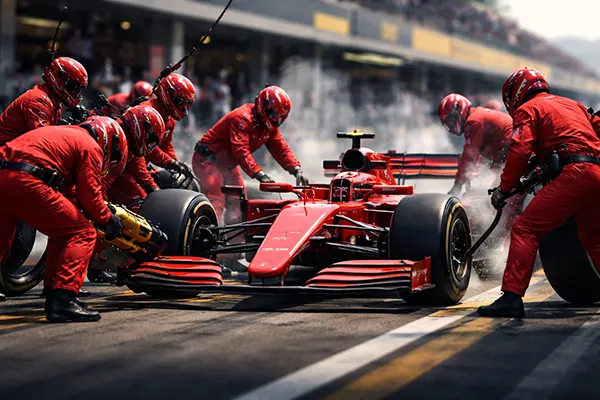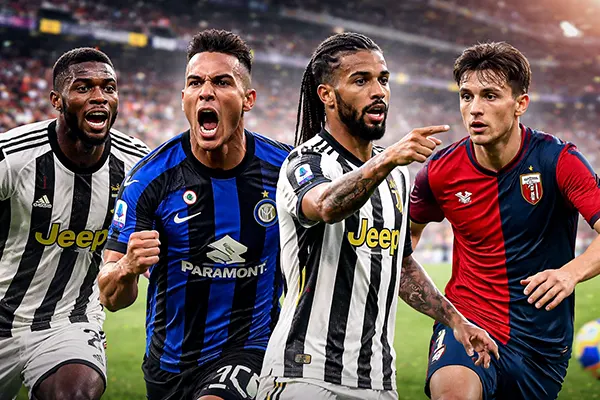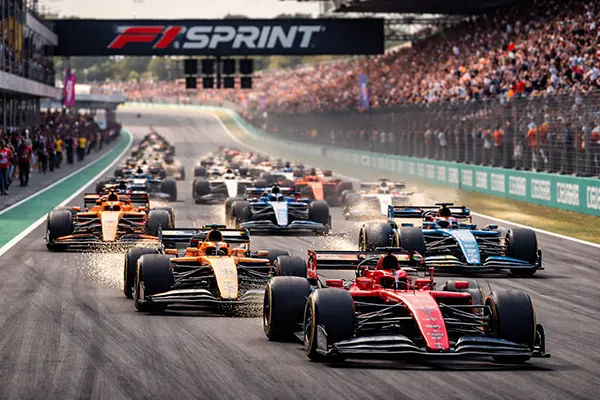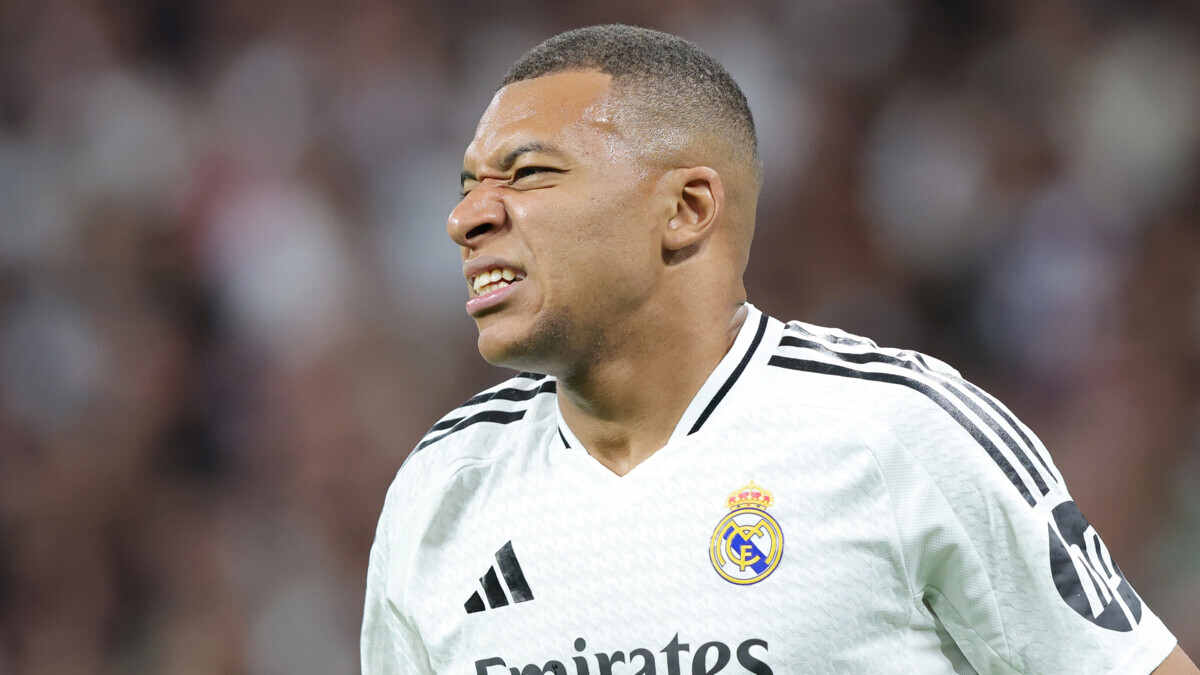
The Crisis of Kylian Mbappé at Real Madrid: Analysing the French Star’s Struggles
Kylian Mbappé’s move to Real Madrid was heralded as a monumental transfer, promising a new era of dominance for Los Blancos. However, as the 2024 season unfolds, the French forward finds himself under scrutiny for his lacklustre performances. Fans and analysts alike are questioning what has gone wrong for the star, who was once considered one of the most promising talents in world football. In this article, we delve into the reasons behind Mbappé’s struggles, their impact on the team, and what might lie ahead for the player and Real Madrid.
Mbappé’s Transition to Real Madrid
The transition from Paris Saint-Germain to Real Madrid seemed like a dream come true for Kylian Mbappé. Yet, adapting to life in La Liga has proven more challenging than anticipated. The tactical differences between the two leagues, as well as the weight of expectations, have put immense pressure on the 25-year-old forward. At PSG, Mbappé thrived in a system built around him; at Real Madrid, he is one of many stars, requiring him to adapt to a new role.
One of the key challenges for Mbappé has been the cultural shift between Paris and Madrid. The different languages, fan expectations, and media scrutiny have added layers of complexity to his adaptation. In Paris, he was a local hero, a French icon playing for a domestic club. In Madrid, he is a foreign superstar expected to deliver on a global stage. This adjustment has required significant mental resilience, which takes time to develop in a high-pressure environment.
Moreover, the competitive intensity of La Liga, where every match demands high levels of concentration and skill, has been another hurdle. Unlike Ligue 1, where PSG often dominated games, Mbappé is now facing tougher defences and tactical setups designed to neutralise his impact. This has tested his ability to adapt his playing style and contribute to the team in new ways.
Adjusting to Tactical Changes
Under Carlo Ancelotti, Real Madrid’s system prioritises team cohesion over individual brilliance. While Mbappé has the skillset to excel in any tactical setup, his natural inclination towards individual play has occasionally clashed with the team’s collective approach. Moreover, his position on the pitch has shifted, often requiring him to play deeper or wider than he did at PSG.
These positional changes have impacted his goal-scoring opportunities. At PSG, Mbappé was often positioned close to the goal, allowing him to exploit his speed and finishing skills. At Real Madrid, he is frequently tasked with dropping into midfield to link up play, reducing his time in the box. While this change can broaden his skillset, it also limits his ability to influence matches in the way fans have come to expect.
Injury Concerns and Physical Fatigue
Mbappé’s physical condition has been another factor contributing to his underwhelming performance. Since his arrival in Madrid, the forward has struggled with recurring minor injuries, which have hindered his ability to maintain peak fitness. Coupled with the rigorous schedule of Real Madrid, including La Liga, the Champions League, and international duties, fatigue seems to be taking its toll.
The medical team at Real Madrid has been working tirelessly to manage Mbappé’s fitness, but the sheer volume of matches makes recovery difficult. Each game demands high levels of physical and mental energy, and the cumulative effects of constant travel, training, and competition are evident. Critics have pointed out that these issues were also present during his time at PSG but were less noticeable due to the club’s dominance in Ligue 1.
Additionally, the psychological impact of injuries cannot be underestimated. For a player of Mbappé’s calibre, even minor setbacks can affect confidence and rhythm. This has been evident in his performances, where moments of brilliance have been overshadowed by periods of inconsistency. Overcoming these challenges will require not only physical rehabilitation but also mental fortitude.
The Demands of Modern Football
The relentless pace of modern football is unforgiving, especially for players like Mbappé, who are expected to perform at the highest level week in and week out. Critics argue that the Frenchman may be overworked, which could explain his declining performance levels in high-stakes matches.
Beyond the individual level, this situation raises broader questions about player welfare in modern football. With leagues, tournaments, and international commitments increasing in frequency, even the best players face burnout. Mbappé’s struggles serve as a reminder of the physical and mental toll that footballers endure, prompting calls for reforms in scheduling and player management.
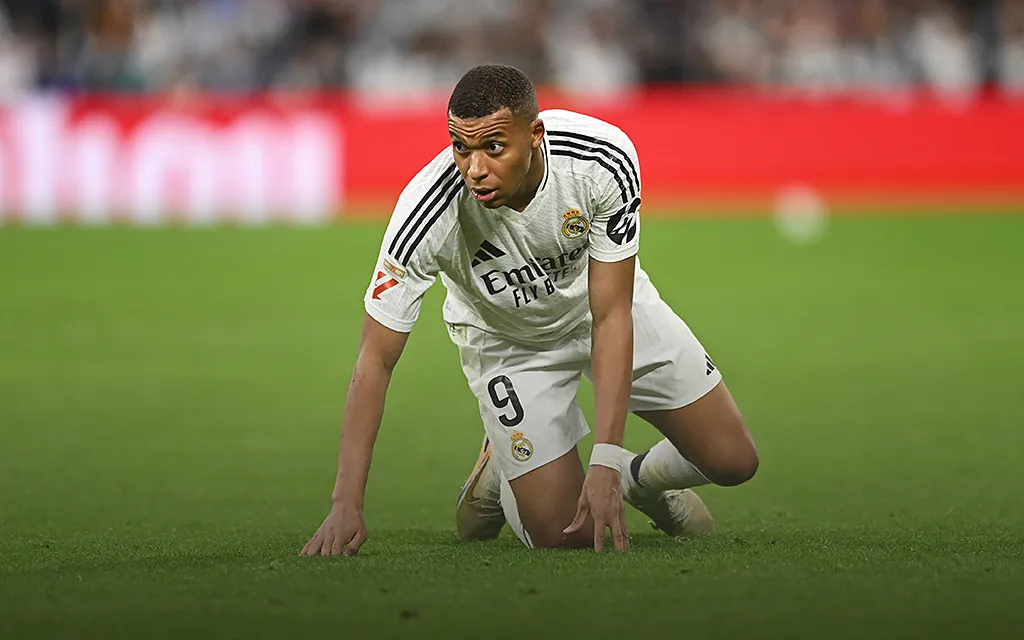
Impact on Team Dynamics
The ripple effects of Mbappé’s struggles extend beyond his personal statistics. Real Madrid, a club built on a legacy of excellence, is underperforming by its own lofty standards. The team’s attacking synergy has suffered, with Mbappé’s integration into the squad still a work in progress. Some players reportedly feel overshadowed by his presence, creating an undercurrent of tension in the dressing room.
This tension has been exacerbated by the intense media scrutiny surrounding Mbappé’s performances. Teammates are often asked about him in interviews, shifting the focus away from collective achievements to individual shortcomings. Managing these dynamics requires strong leadership, both from the coaching staff and senior players, to ensure that the team remains united.
Despite these challenges, there are signs of improvement. Training sessions have reportedly become more collaborative, with an emphasis on building chemistry between Mbappé and his teammates. If these efforts continue, Real Madrid could unlock the full potential of their star forward, leading to improved performances on the pitch.
Maintaining Team Morale
Ancelotti and the coaching staff face the dual challenge of supporting Mbappé while ensuring that the team’s morale remains high. Balancing the expectations placed on Mbappé with the needs of the squad is a delicate task, one that will require strategic management and clear communication.
Ultimately, Mbappé’s future at Real Madrid will depend on his ability to overcome these initial hurdles. Whether through tactical adjustments, improved fitness, or better team dynamics, the path forward will require collective effort. For now, both player and club must work in tandem to navigate this period of uncertainty, with the hope that brighter days lie ahead.

